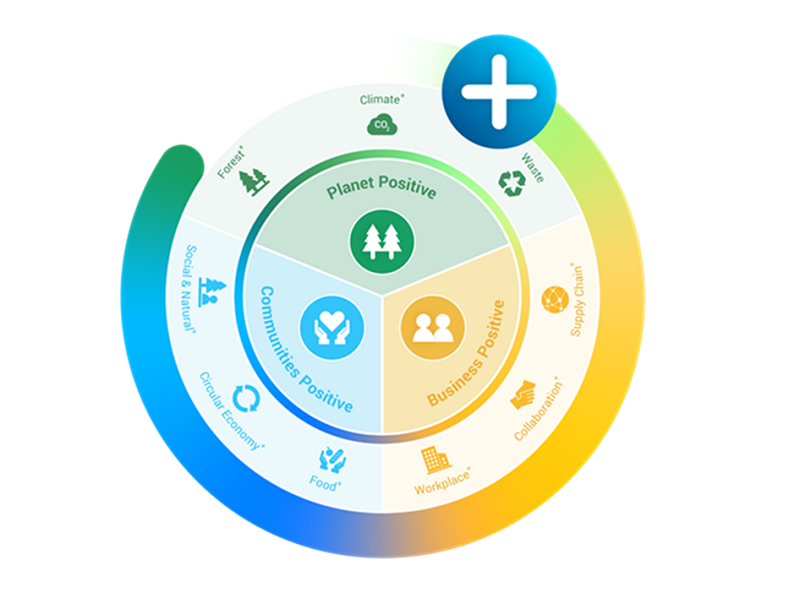Pallet and container pooling services firm and a sustainable logistics business CHEP has unveiled its 2025 global sustainability goals, a roadmap for building regenerative supply chains that help repair damage to the planet.
“We believe the time has come to transform how the world moves products to people,” said Megeshni Archary, Country General Manager at CHEP MENA. “We’ll be the company delivering the supply chains the world needs for the future.”
Archary said that pioneering regenerative supply chains meant breaking the link between consumption and harm to the environment and society, to restore, replenish and create more value for society and the environment than businesses take out.
“To make this change, we need to evolve our sustainability model,” she said. “In the past we have focused on reducing the negative impacts of supply chains to make them ‘Better’. Going forward, we want to build regenerative supply chains that do more good than harm, and become ‘Positive’.”
The new 2025 global sustainability targets set by CHEP’s parent company Brambles aim to restore nature, to tackle climate change and create shared social value. The company has committed to replenishing the resources it uses and creating more positive impacts beyond its communities, for the benefit of future generations.
The CHEP sustainability strategy consists of planet positive, business positive and communities’ positive targets.
Among global Planet Positive targets are undertakings not only to ensure 100% sustainable sourcing of CHEP timber indefinitely, which the company achieved as part of its 2020 goals, but to go beyond that and allow two trees to grow for every tree used for pallets – adding millions of new trees by 2030.
CHEP also has a committed to using renewable electricity across its global operations, and to becoming carbon neutral by 2025. Another of the company’s international goals is to ensure no product materials are sent to landfills and to introduce closed-loop products using 30% recycled or upcycled plastic waste.
Worldwide Business Positive targets include doubling customer collaborations from 250 to 500, having at least 40% women in management roles and reducing business injury frequency rates by 25%.
The CHEP Communities Positive targets across the global operation include collaborating with food banks to serve rescued food to 10 million people; and impacting one million people to become circular economy change makers.
“These are global targets, and the transformation won’t be easy. It will only be made possible by all of us joining in and working together,” said Archary. “However, we have a long track record of achieving the unlikely when it comes to sustainability, and we’re confident we can do it again.”




